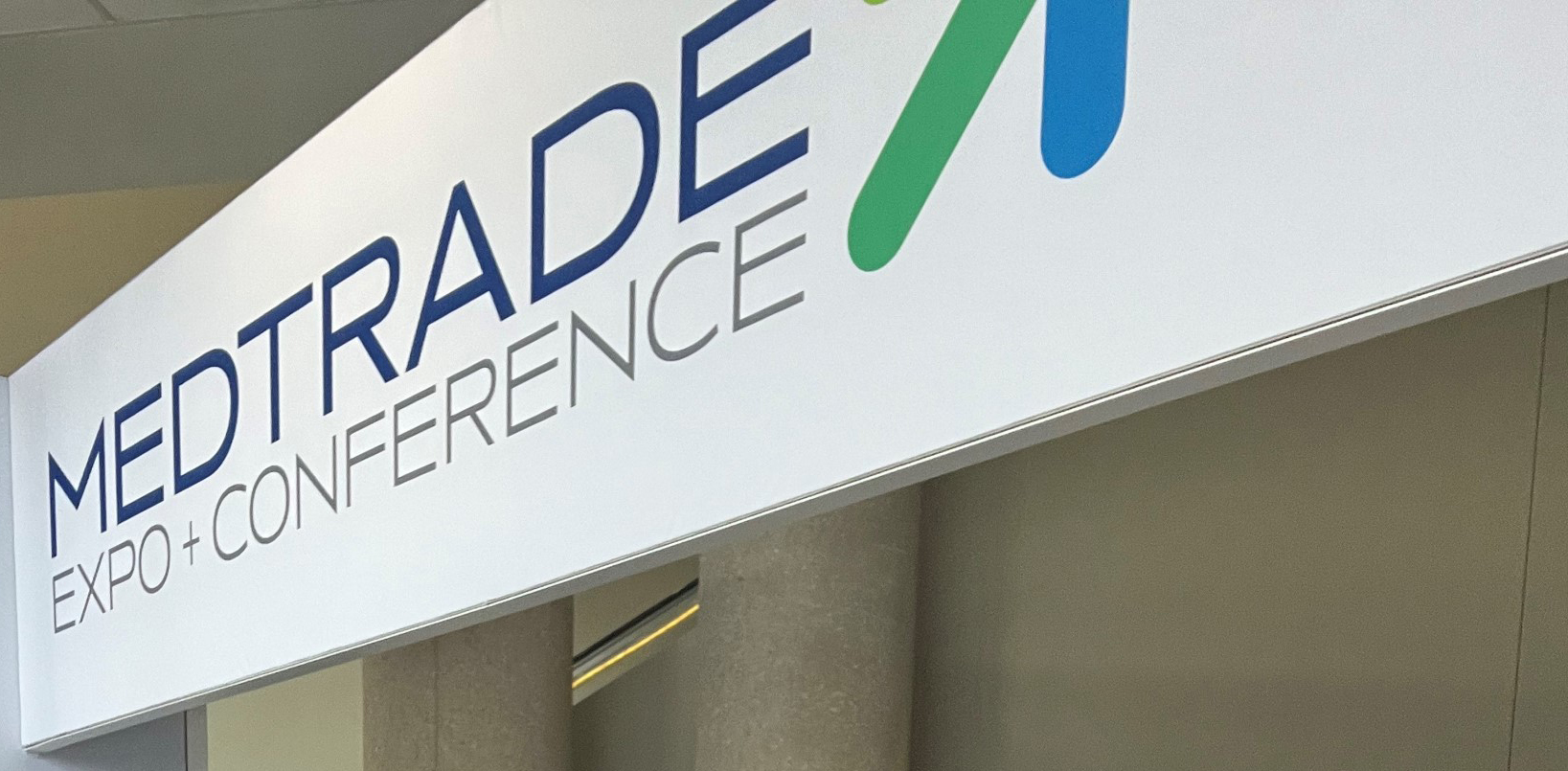
Applied Policy was pleased to attend the Medtrade conference from March 26-28 in Dallas, Texas, and to connect with our friends in the industry. The largest home medical equipment (HME)/durable medical equipment (DME) trade show and conference in the U.S., Medtrade brings together HME/DME manufacturers and providers to create a forum for product sourcing, educational sessions, and networking across the industry. Attendees could choose several educational tracks, including audits and compliance; business operations; complex rehab technology; legislation, regulation, and legal; Medicare updates; payer relations; product development; and sales and marketing.
 HME providers have collectively struggled with supply chain and reimbursement challenges since the Covid-19 pandemic, and providers have also faced a host of supplier enrollment issues, such as revocation and corrective action plans, with the separation of the National Supplier Clearinghouse contract into two contracts, Palmetto GBA and Novitas Solutions, in November 2022. Medtrade offered a space for providers and manufacturers to connect about how to overcome these pressures, offer new solutions, and advocate for patients.
HME providers have collectively struggled with supply chain and reimbursement challenges since the Covid-19 pandemic, and providers have also faced a host of supplier enrollment issues, such as revocation and corrective action plans, with the separation of the National Supplier Clearinghouse contract into two contracts, Palmetto GBA and Novitas Solutions, in November 2022. Medtrade offered a space for providers and manufacturers to connect about how to overcome these pressures, offer new solutions, and advocate for patients.
Currently, one of the main concerns in the industry is the rapid growth of the Medicare Advantage program. In 2022, health expenditures reached $4.46 trillion, 1.5 percent of which was attributable to the DME industry. Medicare Advantage Plans (MAPs) have seen a 126 percent increase since 2015. With 10,000 Baby Boomers retiring per day, this program, originally designed to save money, is now costing the government—and taxpayers—more than traditional fee-for-service (FFS) Medicare. As the number of beneficiaries enrolling in MAPs grows, inconsistencies between the MA and FFS programs are becoming a primary concern of the industry.
Audits also continue to be a top concern. Policy specifies that an auditor’s decision to recoup extrapolated overpayments from providers can be appealed. However, providers are concerned that many managed care plans lack reliable appeals processes and often hire a third-party contractor to manage appeals. These third-party contractors bring an additional level of complexity to the appeals process. Some providers contend that plans do not provide clear or consistent appeal policies and rights, and that they make it especially difficult for providers to communicate. Many in the industry believe that plans “overcomplicate the process until providers give up.” As such, it is imperative that providers understand their appeals rights and payer policies, review contracts before executing, and maintain internal auditing and monitoring programs.
As in previous years, the Competitive Bidding Program was another hot topic at Medtrade. Congress temporarily increased Medicare rates through the CARES Act during the COVID-19 pandemic but these adjustments expired at the end of 2023. As a result, many DME products now have a lower payment amount than they did in the last few years. This is extremely concerning to the industry given that shipping and supply chain costs have only risen. While AAHomecare is still advocating for Congress to permanently extend the CARES Act payment methodology for items formerly in competitive bidding, they do not expect to see the bill advancing anytime soon.
Medtrade officials reported that attendance increased 25 percent this year compared to last year, and the conference attracted more than 2,300 attendees. Next year, Medtrade is scheduled to return to Dallas from February 18-20.
(Pictured above from left: Simay Okyay McNutt, Health Policy Manager, and Marlowe Galbraith, Health Policy Associate)
